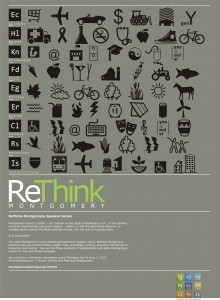 Last night, Joan Almon, Executive Director of the Alliance for Childhood, reminded us of the importance of mud puddles.
Last night, Joan Almon, Executive Director of the Alliance for Childhood, reminded us of the importance of mud puddles.
She began by outlining the importance of play (that is, undirected messing around, preferably outside). It helps children develop negotiation and social skills, and coordination between their brains and hands. They learn to wonder, concentrate, and overcome challenges.
But these days, children 6-8 years old spend only 12 percent of their time outdoors. Children 10-16 spend only 12 minutes a day in vigorous physical activity, but 10 hours a day in sedentary activities (is that an oxymoron?). You won’t be surprised to learn that they spend a whopping 53 hours a week (about 7 hours a day) with media–whether its computers in the classroom or wii at home.
We intuitively know this is a problem–teachers see the wound up kids who don’t get recess and parents wistfully recall the days when they were sent outside and told to be home in time for dinner.
But even though we are more fearful and time-pressed, it is possible to fit play back into children’s (and our own) lives. Almon described playworkers who are present but invisible in playgrounds, lightly supervising to ensure general safety. Royce Hanson mentioned the role of “park aunts” (and uncles), retired folks who volunteer to be the adult who provides formal/informal supervision.
Almon made the point that these types of ideas are simple (certainly no more complicated than setting up a soccer league) but very effective.
Other ideas that came up: Takoma Play days, geo-caching, and the worst mother in America. But instead of clicking those links, how about going outside for a hike? Maybe you’ll see a turtle!